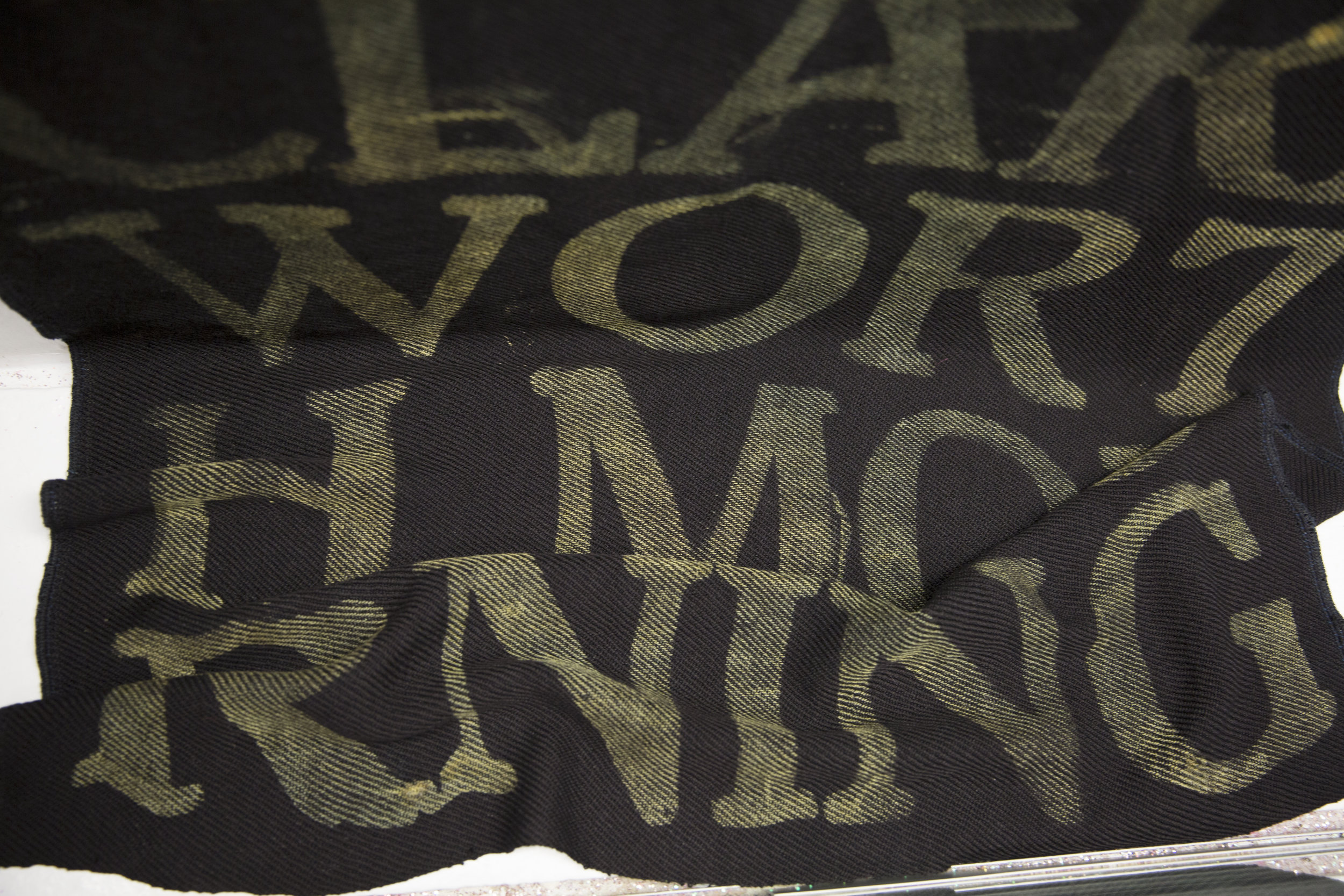“There’s a part of me that gets surprised when people think I’m brave to talk about what I’ve gone through. I was brave to last through it.” - Carrie Fisher
There’s been a through line in a lot of my studio visits and critiques where people tell me I’m brave for doing the work that I do. It makes me exceptionally uncomfortable, and I’ve been thinking a lot in the last few months about why that is. The first reason, which is not universal, is that “bravery” is something that I associate with who I was before assault. I used to be a person who asked people out constantly, even when I was doing it for a friend. Someone who tried out stand-up because I was asked to with no question of what I was doing, who climbed 46 mountains in 21 days with no preparation because bravery sometimes is also very stupid. I used to be a person who practiced everyday bravery, and it’s one of the things that I haven’t been able to be since.
But the second, much bigger reason is that the heart of these statements are that it’s brave to tell the truth, rather than a bare minimum we should expect and strive for. It suggests that our traumas are something to be ashamed of, that only someone exceptional(ly brave) would talk about them. This promotes silence. Talking about my assaults is nothing in comparison to what it was like to be there. Showing the documentation of my hearing doesn’t hold a candle to what is was like to go through Swarthmore’s process. Amplifying the traumas and hardships of other victims, bearing witness to pain, is nothing compared to what they have gone through. We are increasingly living in a world that plays fast and loose with the concept of “the truth,” that has made the use of facts and support an oppositional stance. That’s not a reality I want to reinforce. That’s not a world I want to live in. Speaking up is resistance for everyone.

